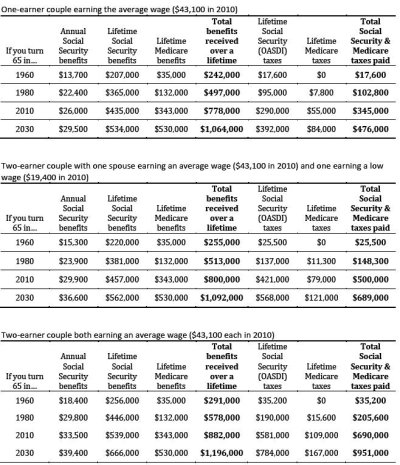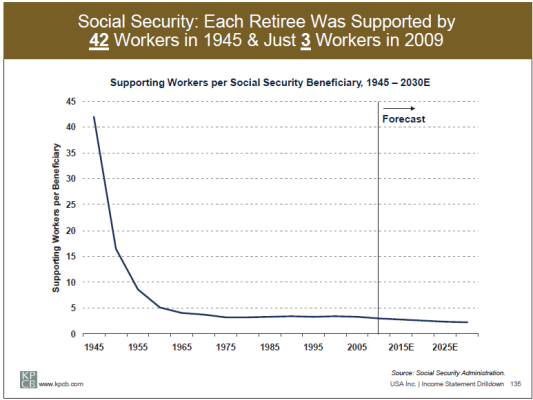Danmar
Thinks s/he gets paid by the post
Been there, done (and still doing) that...
OHOH, I'm not depressed (along with DW). My/her family made their own decisions in life, and now have to live with the results. Who is to say they are wrong? While DW/me lived an LBYM lifestyle and put aside a good deal of our earnings toward our future, who's to say that others in our family were wrong?
You make your "bet", and you live with the results.
This pretty well describes my attitude. You make choices and they have consequences. Thems the breaks. I don't worry too much about the tax burden that might result on us. This will be mostly paid for by working people, at least for quite a while. We have such a cushion in our finances and life style that it wouldn't matter in any event.


